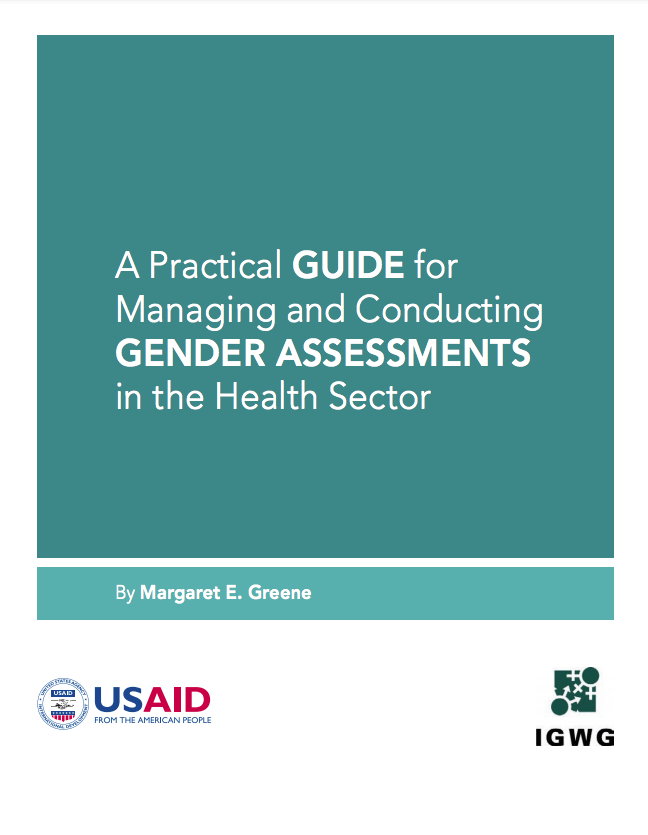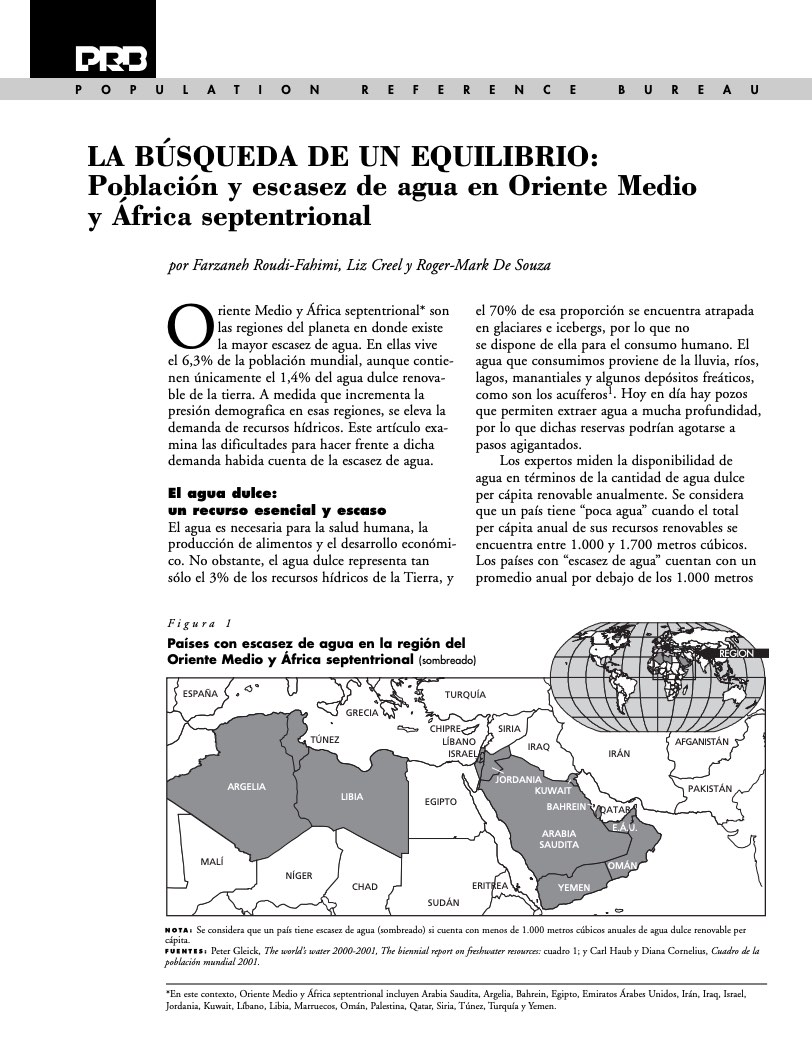Seven Lessons in Sustainability and Scalability for Digital Health Solutions
Updates to the mHealth Compendium’s family planning case studies highlight how programs have evolved, revealing insights on sustainability and scalability.

Updates to the mHealth Compendium’s family planning case studies highlight how programs have evolved, revealing insights on sustainability and scalability.

(2016) Population, Health, and Environment (PHE) program implementers are increasingly considering how to best scale up their efforts. This webinar featured Pathfinder International staff who work on the Health of People and the Environment in the Lake Victoria Basin (HoPE-LVB) project, who spoke about leveraging advocacy and “beginning with the end in mind” to scale up and institutionalize their PHE project (PHE) in East Africa.

(2013) A Practical Guide for Managing and Conducting Gender Assessments in the Health Sector is a user-friendly Gender Assessment tool for the United States Agency for International Development (USAID) Mission staff as well as other United States Government (USG) partners.
2011)"We are trying to integrate things that should never have been separated to begin with. The health and well-being of the community depends on the health and well- being of the ecosystem and vice versa." Million Belay, MELCA Ethiopia

Older adults’ social ties are more important for physical and mental health than previously thought, new research shows.

Invisible care work has become a collective issue, and the data confirms it: It's time to integrate into our vision of growth what actually keeps our societies going.
(2011) In her new book, The Future Faces of War: Population and National Security, author Jennifer Dabbs Sciubba argues that the future of warfare will be shaped by demographic trends in fertility, mortality, and migration.

(2002) The Middle East and North Africa (MENA)* is the most water-scarce region of the world. Home to 6.3 percent of the world's population, the region contains only 1.4 percent of the world's renewable fresh water.

Human population influences and is influenced by climate change and deserves consideration in climate compatible development strategies. Achieving universal access to family planning throughout the world would result in fewer unintended pregnancies, improve the health and well-being of women and their families, and slow population growth—all benefits to climate compatible development.